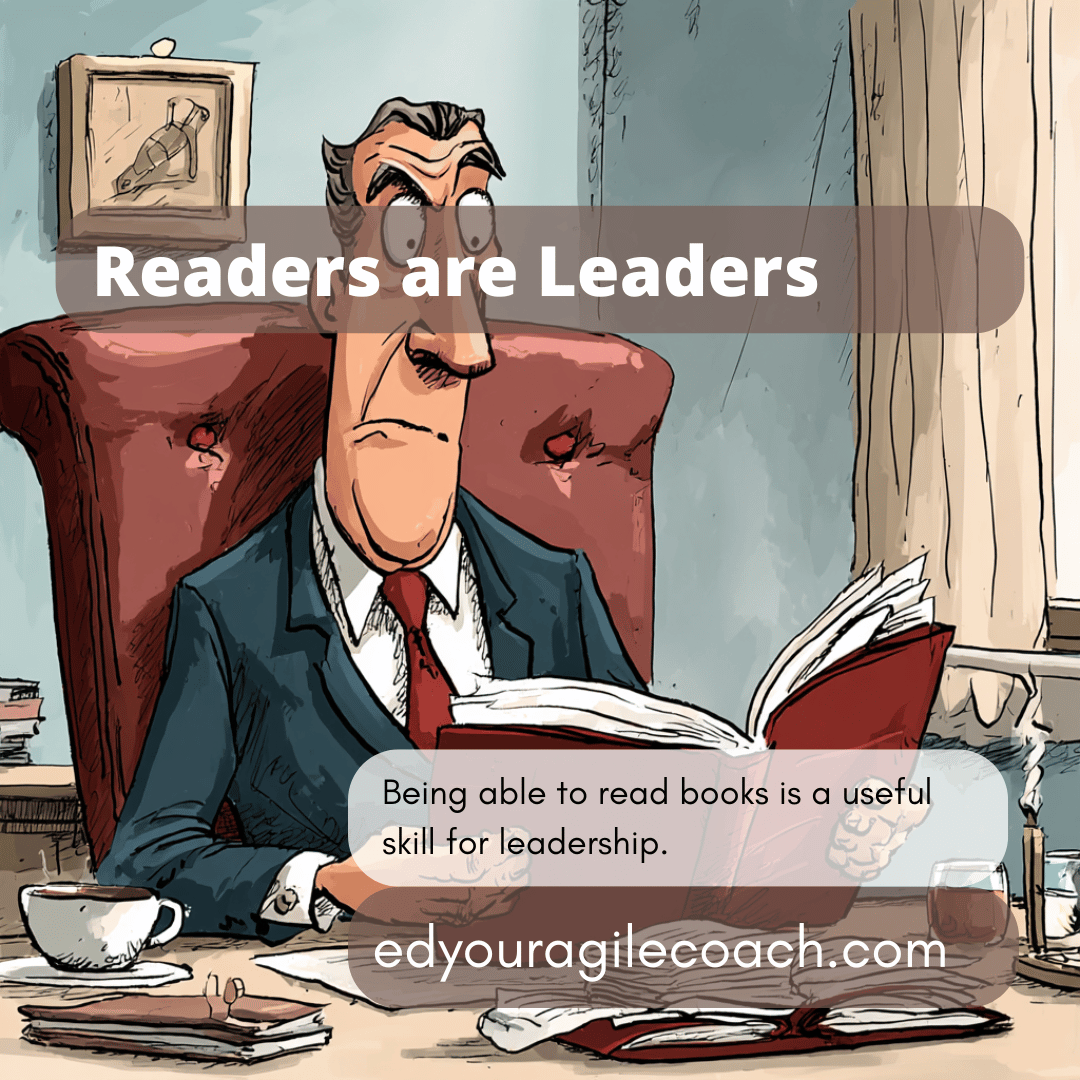Soft skills are anything but soft.

Much like a turbulent ocean, the global economy is a constant struggle. Tides of opportunity rise and fall, and unexpected squalls can capsize even the most promising careers. As a fellow professional navigating these challenging waters, I am a living testament to the daily battles in the global business world. With the rise of Artificial Intelligence and the ongoing struggle to retain top talent, businesses are constantly searching for that competitive edge. This week, I want to share my insights on the resurgence of soft skills in the business landscape.
Tides rise and fall in the business world. In some years, the focus has been on technology skills; in others, it has been on so-called soft skills. I came across this article in Business Insider. More leaders assume they have good soft skills, but everyone needs to practice and improve them, like listening, communication, and leadership.
Communication is critical to success, and it is more important to learn to communicate in the style of the organization that employs you. If people communicate via email, you must be able to structure sentences and paragraphs helpfully. My organization uses Microsoft Teams, and there is a particular etiquette that all of us must follow. Sending a GIF to a group chat is frowned upon, and diplomatic language softens negativity. A reasonable person with adequate soft skills must navigate these unwritten communication rules if they want to be successful.
It is not easy, but I am practicing plenty of these skills. I do three or four drafts of reports to make sure they are just the right tone for clients. I save edits from my boss and peers to ensure the writing matches the tone and content my organization expects from me. I take it for granted that just because I send a message does not mean it is understood. I write follow-up texts and emails to ensure people know what I am attempting to say. It is the communication major I pursued in college that encourages me to do this follow-up.
Today, many of us can create professional-looking presentations and easy-to-understand spreadsheets. With artificial intelligence growing in technology, everyone will have a personal assistant to pull those documents together. Your ability to lead others and communicate the organization's values will separate you from the pack. The “squishy” skills make a difference in your career.
Corporate environments have plenty of awful people in positions of authority. Fortunately, an equal number of people with good people skills can cancel out the damage that appalling people do to the organization. The Harvard Business Review points out that good soft skills also translate into fewer errors, better customer satisfaction, and improved employee retention. Business leaders notice these factors, which lead to career longevity.
It is why soft skills are in great demand in the business world. The office is becoming more automated and impersonal, so distinguishing yourself by leadership and communication style will make all the difference. People will want to work for you rather than feel compelled.
It is why I am a big fan of L. David Marquette and his book, “Turn the Ship Around.” Commanding a nuclear submarine is demanding, but it does not give someone license to be a jerk, and Marquette emphasizes that everyone must be a leader, from the lowest-ranked sailor to the captain of the ship. I also respect Kim Scott and “Radical Candor” for the same reason. Scott points out that radical candor and obnoxious aggression are very different behaviors, and learning about their differences is the key to successful leadership. Both of these writers come with real-world experience of what it takes to be successful, and the path to success travels through soft skills.
So, the tide of global business is changing, and the need for people who understand soft skills is increasing. Although they have always been necessary for success, seeing them getting the attention they deserve in the business press is nice.
Until next time.




Comments ()